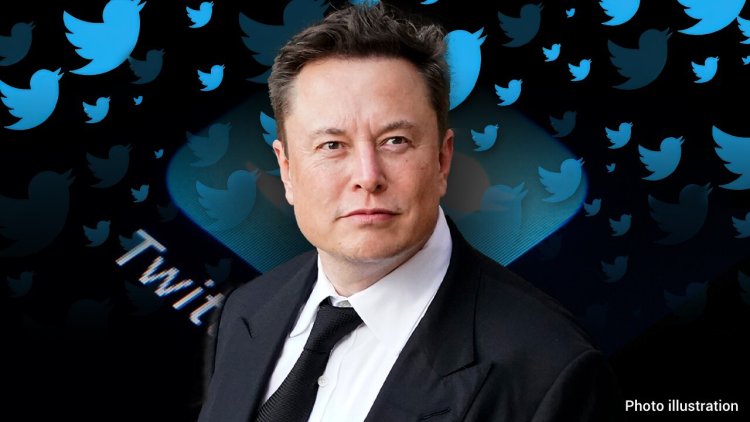Elon Musk Completes $44bn Twitter Takeover
Elon Musk has completed his $44 billion deal to buy Twitter, a source familiar with the deal told CNN Thursday, putting the world’s richest man in charge of one of the world’s most influential social media platforms.

Musk fired CEO Parag Agrawal and two other executives, according to two people familiar with the decision. Twitter declined to comment.
The deal’s closing removes a cloud of uncertainty that has hung over Twitter’s business, employees and shareholders for much of the year. After initially agreeing to buy the company in April, Musk spent months attempting to get out of the deal, first citing concerns about the number of bots on the platform and later allegations raised by a company whistleblower.
By completing the deal, Musk and Twitter have avoided a trial that was originally set to take place earlier this month. But Musk’s takeover, and the immediate firings of some of its top executives, now raise a host of new questions for the future of the social media platform, and the many corners of society impacted by it. Musk on Thursday also fired CFO Ned Segal and policy head Vijaya Gadde, according to the two sources.
Musk has said he plans to rethink Twitter’s content moderation policies in service of a more maximalist approach to “free speech.” The billionaire has also said he disagrees with Twitter’s practice of permanent bans for those who repeatedly violate its rules, raising the possibility that a number of previously banned, controversial users could reemerge on the platform.
Perhaps most immediately, many will be watching to see how soon Musk could let former President Donald Trump back on the platform, as he has previously said he would do. Depending on the timing, such a move could have major implications for the upcoming US midterm elections, as well as the 2024 Presidential campaign.
In taking those steps, Musk could singlehandedly upend the media and political ecosystem, reshape public discourse online and disrupt the nascent sphere of conservative-leaning social media properties that emerged largely in response to grievances about bans and restrictions on Twitter and other mainstream services.
Earlier this week, Musk visited Twitter’s San Francisco headquarters to meet with employees. He also posted an open letter to Twitter advertisers, saying he doesn’t want the platform to become a “free-for-all-hellscape where anything can be said with no consequences.”
The acquisition also promises to extend Musk’s influence. The billionaire already owns, oversees or has significant stakes in companies developing cars, rockets, robots, and satellite internet, as well as more experimental ventures such as brain implants. Now he controls a social media platform that shapes how hundreds of millions of people communicate and get their news.
ith the deal drama out of the way, attention now turns to Musk’s plans for Twitter.
Beyond the removal of Twitter’s CEO and other executives, Musk’s takeover could also usher in the return of some measure of influence over the company by founder Jack Dorsey, who stepped down as CEO in November and left its board in May. While Dorsey has said he will not formally return to Twitter, he has privately discussed the takeover with Musk and offered advice.
Musk has also reportedly told prospective investors in the deal that he planned to get rid of nearly 75% of the company’s staff, in a move that could disrupt every aspect of how Twitter operates. He previously discussed dramatically reducing Twitter’s workforce in personal text messages with friends about the deal, which were revealed in court filings, and didn’t dismiss the potential for layoffs in a call with Twitter employees in June.



























